While a lovely flower, lilies are HIGHLY toxic to cats. All parts of the flower and plant can be deadly to felines. Even just a few grains of pollen can put a cat’s life in danger. Drinking the water from a vase of lilies can even sicken or kill a cat. Feline kidneys are easily poisoned by ‘true lily’ and ‘daylily’ types of lilies and will shut down in just a matter of days after exposure.
Cat mom Kayli Vee Levitan of Cape Town, South Africa, wants all cat lovers to know the danger of lilies after her beloved ginger cat passed away from lily poisoning. Kayli’s efforts have led some retailers to change the labeling on their floral labels to reflect the danger of having lilies near cats.
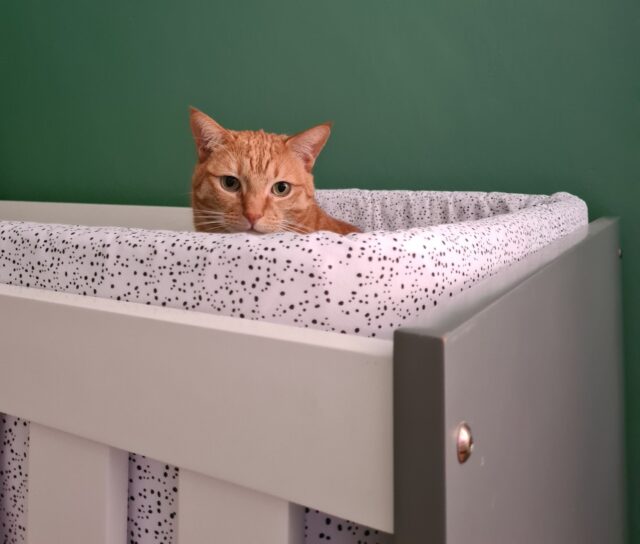
Simple Change of Text Could Save Lives
In a tweet addressed to retailers Woolworths, Pick ‘n Pay, Checkers, Spar, and NetFlorist, Kayli wrote, “I don’t want your money or products. I come to you pleading for a simple change that could save lives. A change so simple that it just needs to be retyped.”
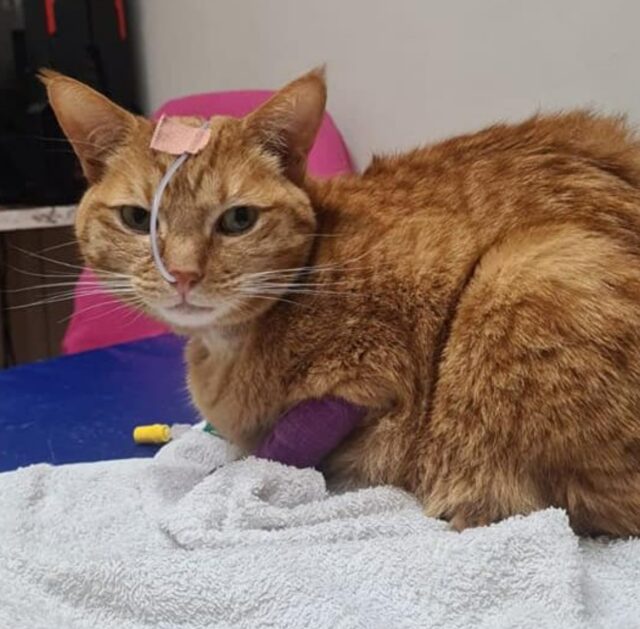
“Your labels need to be better,” explained Kayli. “Some of you have labels with no warnings. Some of you have labels that say ‘keep away from pets’. It’s not enough.”
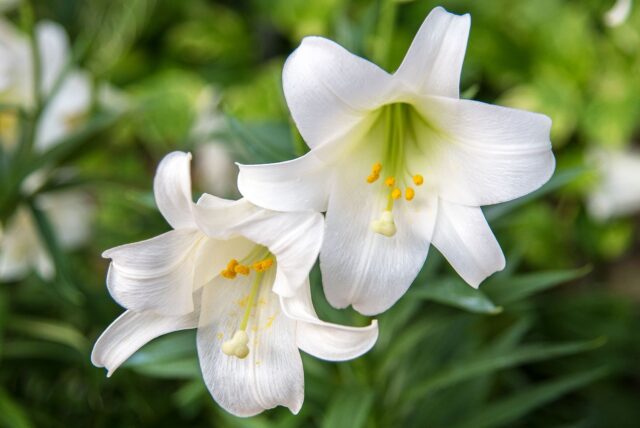
“A simple change to “WARNING: HIGHLY TOXIC TO CATS AND DOGS” could literally save lives.”
RELATED: Friends Accidentally Poison Newlyweds’ Cat While Decorating Their Home
In a thread, she told the tale of her beloved cat Pi to the retailers and concerned cat lovers.
“Lilies are highly toxic to pets, especially cats. A few particles of the pollen, blown in the wind and licked off a foot result in kidney failure,” tweeted Kayli. “Kidney failure so dangerous, that if left untreated for more than 72 hours, there’s a 0% chance of survival.”
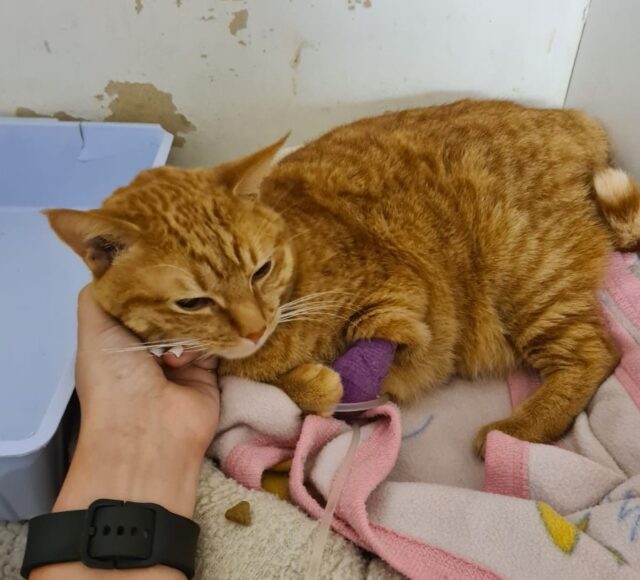
“My cat, Pi, was one of these cats.”
Following an exposure to lilies, Pi was hospitalized for two weeks, and because of the profuse vomiting that kept her from eating and drinking, she required a feeding tube. After losing a third of her body weight, Pi seemed to turn a corner, her recovery earning her the name “Miracle Cat.”
But two months later, Pi was back in the hospital, her kidneys weak and her prognosis uncertain. Shortly after her relapse, Kayli shared, “Our precious girl is gone.”
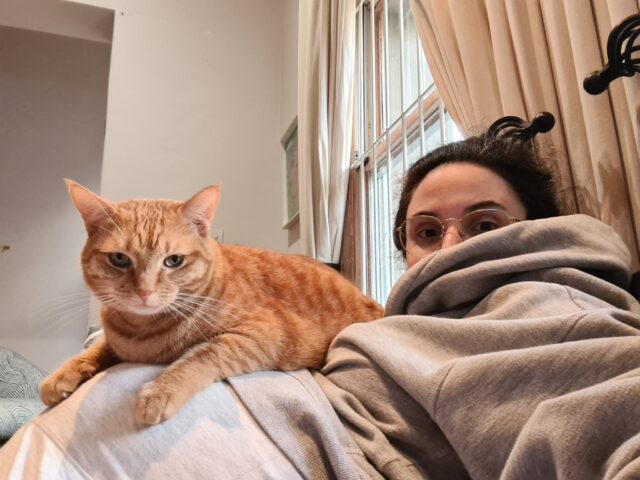
Kayli was heartbroken, but she had work to do, an important message to spread.
Gone But Memory Honored
Even before Pi’s death, Kayli had been hard at work honoring her dear cat by crusading for a change to lily labeling, and those efforts have paid off. Almost all the retailers Kayli tweeted have been in contact, not only offering condolences but also telling Kayli they’re in agreement about updating their labels online and in stores.
“The fact that our sweet girl didn’t suffer in vain and that our loss might save other lives, has put a small bandage on my heart,” tweeted Kayli.

Signs of Lily Poisoning in Cats
If you worry your cat has been in contact with this deadly flower, PetMD advises you to look for these symptoms of lily poisoning in cats:
- Vomiting
- Diarrhea
- Drooling
- Pawing at mouth
- Not eating, decreased appetite
- Lethargy, decreased activity
- Excessive thirst or lack of thirst
- Excessive urination or not peeing at all
- Disorientation
- Dehydration
- Tremors, seizures
- Inability to walk, weakness
- Ulcers or sores in the mouth
- Accelerated heartbeat
- Low blood pressure
- Coma
- Death
Avoid lily flowers at all costs if you have cats in your home, and if your cat is exposed to lilies, contact your veterinarian immediately. Help spread the lily toxicity message and forward this story to your fellow cat lovers. And if you enjoy keeping fresh flowers and live plants in your home, check out these 12 Cat Safe Houseplants & 13 Toxic Ones.
RELATED: What All Cat Parents Should Know Before Giving Or Receiving Flowers
Dear folks at @PicknPay @CheckersSA @WOOLWORTHS_SA and @My_SPAR
I don’t want your money or products.
I come to you pleading for a simple change that could save lives. A change so simple that it just needs to be retyped. Let me explain.
A thread. pic.twitter.com/VucTrEHJvK
— enthusiastiKAYLI (@KayliVee) February 1, 2023
Feature Image: @KaylieVee/Twitter

